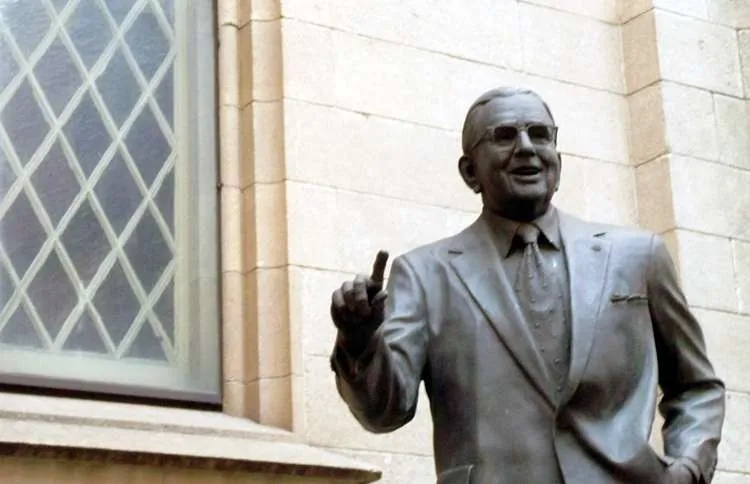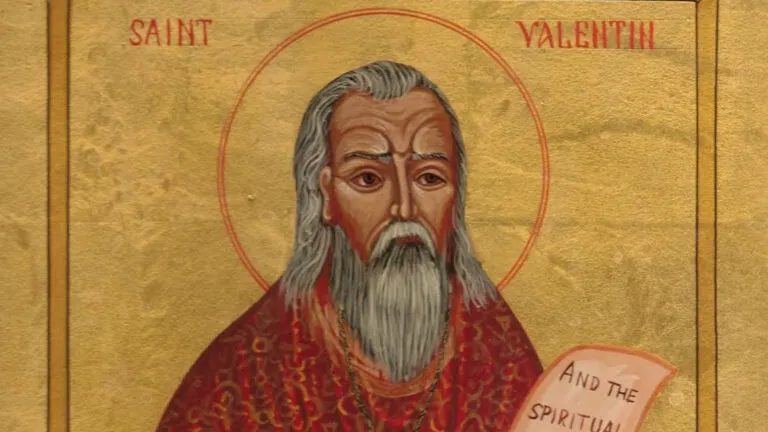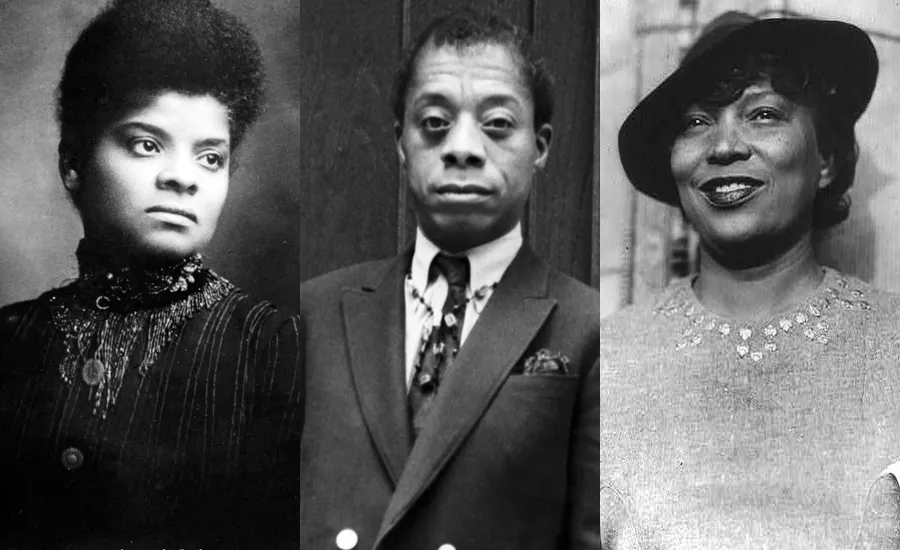Fifth Avenue, lined with churches, museums and skyscrapers, runs down the spine of Manhattan. Marking the way are some historic statues, from a bronze William Seward in Madison Square Park to General Sherman astride his golden horse at 59 Street. To add to this impressive lineup, we celebrated the hundredth anniversary of Norman Vincent Peale’s birth on May 31, 1998, by erecting a statue of him outside the Fifth Avenue church where he pastored for 52 years.
When he first came to Marble Collegiate in 1932, the city was in the throes of the Great Depression, and the sanctuary was never full. Dr. Peale brought a vision of hope to the city and church, and soon the sidewalk was crowded with people waiting to get inside. Later he became minister to millions on radio and TV, but he never lost that empathy for the people, rich and poor, who came to hear him. I remember him telling me, “Everybody who walks through that door is broken by some sort of pain or sorrow. It is for me to remind them of God’s gifts.”
For 18 years I worked with Dr. Peale on the staff at the church. I enjoyed watching him treat the big city as though it were an Ohio boy’s hometown. He loved taking taxis (cab drivers were often the sources of his best anecdotes) and I don’t think he ever missed a Rotary meeting at the old Roosevelt Hotel when he was in town. He relished being in the ecumenical hub of things, rubbing shoulders with business, political and religious leaders. In 1969, when he invited Bishop Fulton Sheen to speak from Marble’s pulpit, I think it was the first time he had ever spoken at a Protestant church.
“When we meet our Maker,” Peale often used to say, “I think we’re going to have to answer one big question: ‘What did you do with what you were given?'”
Without a doubt, Dr. Peale did the utmost with his gifts, both large and small. I was always touched by his sensitivity to people. Once he apologized to me four times in a day—four separate telephone calls—for a hurt that had been entirely unintentional. When a group of ministers asked him what the most important thing a pastor could do for his congregation was, he stated unequivocably, “Love them, love them, love them.”
That, I think, was the key to his success. He learned to love all the people he dealt with. And so, unlike General Sherman on his horse or William Seward on his bronze pedestal, the statue of Dr. Peale is at street level, on equal footing with the crowds that pass by on Fifth Avenue. There he will stand for the ages, the humblest of men, preaching the Good News.





